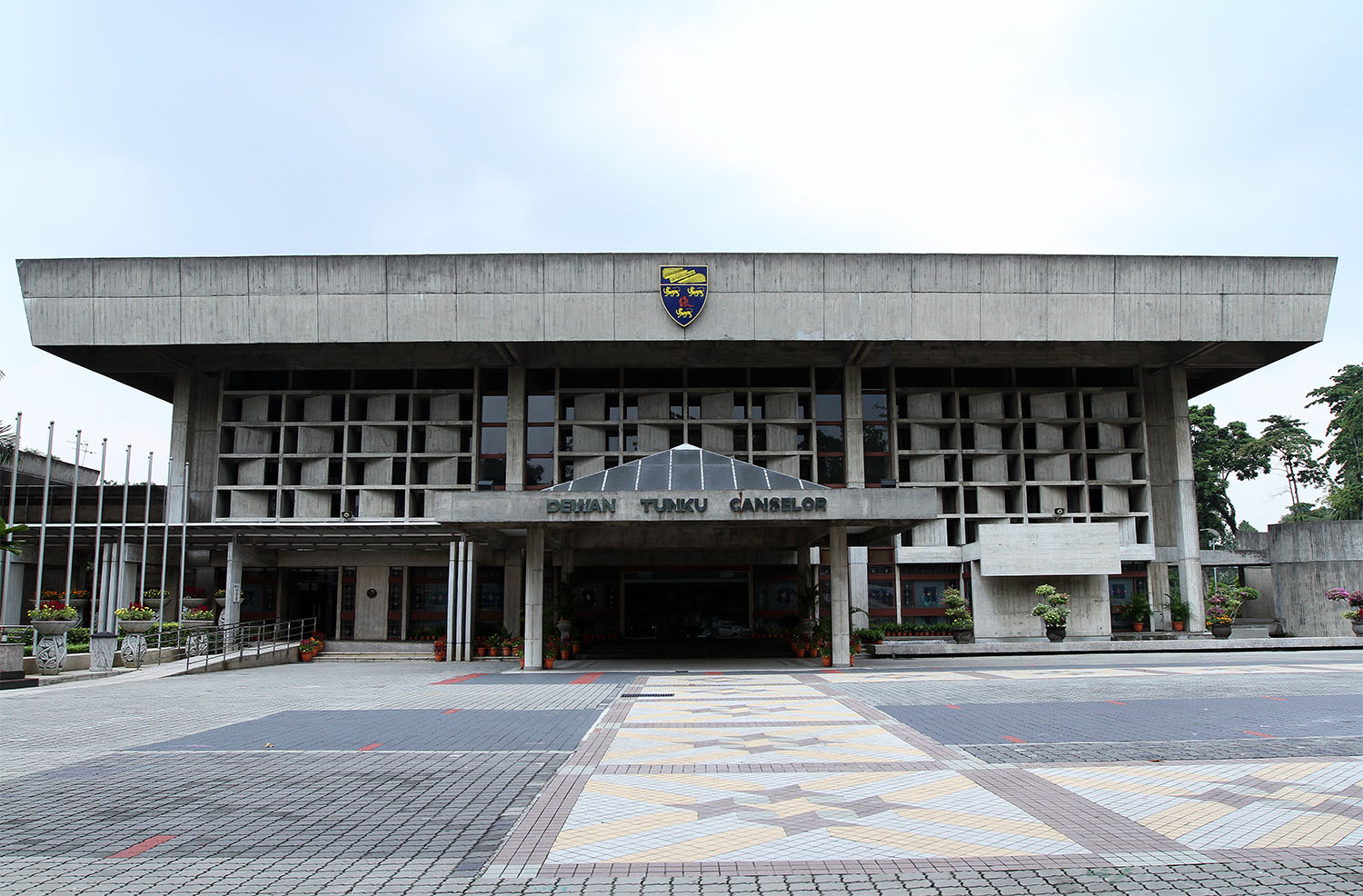KUALA LUMPUR, March 10 ― Not only must public universities contend with budget cuts, but academics are also getting less money for research as most grants now attract the Goods and Services Tax (GST).
Although the Customs Department said the GST imposition on research grants started in April 2015 when the government rolled out the six per cent consumption tax, a Ministry of Higher Education (MOHE) official said the imposition of the GST on its research grants only came into effect in August 2016 after the Finance Ministry made a decision on it last year.
According to the Customs Department, most research grants ― whether they were from the government, universities, private companies or statutory bodies ― would be subject to the GST, but some would not be taxed, especially if the grant was between a ministry and a statutory body.
“GST is not imposed on the grant itself. GST is imposed on the supply derived from the grant,” Customs Department deputy director general Datuk Zulkifli Yahya told Malay Mail Online.
“For example, MOHE provides FRGS (Fundamental Research Grant Scheme) to universities where one of the stipulated conditions is all rights and outcome from the research will be owned by MOHE.
“Meaning the grant is actually a ‘consideration’ for a supply (a supply of providing research services by university to MOHE). Hence, university will account for GST on the supply made to MOHE. A grant is neither goods nor services; we are looking at whether the grant is a ‘consideration’ or not,” he added.
According to Zulkifli, the MOHE wrote a letter to all universities last August to inform them about this.
Customs Department GST director Ahmad Maher Abd Jalil told Malay Mail Online that a research grant was perceived as a “consideration”, and hence subjected to the GST, if the grant provider received “material benefits” from the research.
MOHE Institutions of Higher Education Excellence Planning Division director Prof Dr Raha Abdul Rahim said the GST was imposed on all MOHE research grants that “have an element of output and services”.
“Implemented on last year’s grants accordingly,” she told Malay Mail Online.
Public universities had their combined operating budgets for this year cut by about 19 per cent, or RM1.5 billion, with 10 of them facing massive cuts ranging from over 10 per cent to over 31 per cent.
Local daily Berita Harian reported Monday the Malaysian Academic Association Congress as saying that almost 6,000 lecturers, including professors, did not have their contracts renewed since last year due to financial constraints at public universities.
But the MOHE reportedly rebutted the claim, saying that since 2012, only about 2,000 lecturers retired, were laid off or did not have their contracts extended.
Some researchers whom Malay Mail Online interviewed lamented the taxation of research grants amid greater difficulties in getting funds.
“In a nutshell, it adds to the cost of doing research in an already difficult environment,” said Professor Dr Adeeba Kamarulzaman, dean of medicine at Universiti Malaya’s medicine faculty.
Daniel Kong, a civil engineering lecturer at Monash University, said he was informed in the third or fourth quarter last year about the GST imposition on research grants.
“Wouldn’t say it is harder, but it just means less money for the actual research as most proposals prepared did not factor in GST,” Kong told Malay Mail Online, when asked if the tax made it more difficult to get funds.
He added that “all” Malaysian-sourced research funds were taxed under the GST, but not international sources, for example a grant from an Australian research council or from a company based in the UK.
Kong told Malay Mail Online previously that research grants from MOHE or from the Ministry of Science, Technology and Innovation were inconsistent as some years, they would suddenly announce that there would be no second round of funding.
Teo Wee, associate professor at Heriot Watt University’s school of energy, geoscience, infrastructure and society, said one would have to accept the taxation of research grants.
“Secure grant getting harder, but worst is they are cutting grant. We have to live with it,” he said.



















